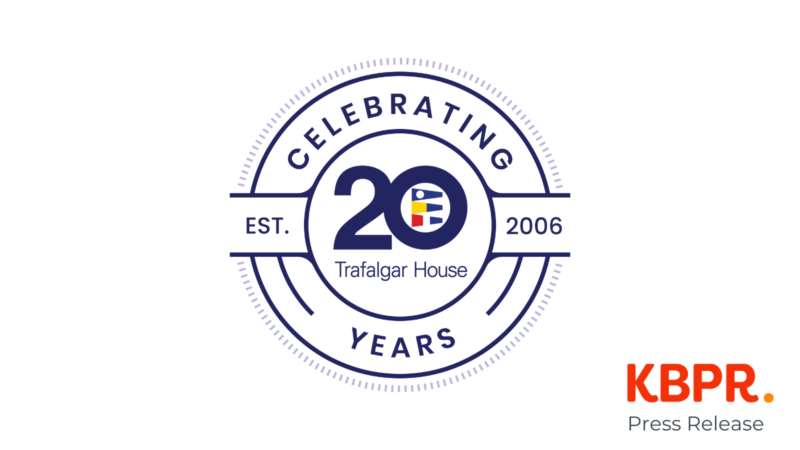
18 June 2025
Trafalgar House, a specialist third-party pensions administrator, today unveiled new findings from their fifth Trust & Confidence Index of the pensions industry, revealing a significant gender divide in how people perceive the pensions industry.
Last month Trafalgar House reported a dip in trust in the pensions industry, falling for the first time since the Index began. The average score dropped slightly to 5.23 out of 10, down from a peak of 5.26 in 2024, despite consistent growth in previous years (rising from 4.46 in 2020 to 4.95 in 2023).
Now, the latest findings dig deeper revealing a notable gender gap:
Daniel Taylor, Client Director at Trafalgar House, commented:” Our research clearly shows men tend to be more trusting and optimistic generally about pensions, they’re also more likely to report positive experiences and feel confident about their retirement prospects. In contrast, women are more likely to express doubt, distrust, or concern about their financial futures. Perhaps most alarming of all is the percentages that don’t have a pension provider at all – regardless of gender.”
Taylor continued: “The stats raise lots of important questions. Are women less trusting, or simply more realistic—especially considering the challenges they face across their working lives? Lower pay, career breaks for family, and financial vulnerability after divorce all contribute to long-term pension inequality.
“Whatever the reason, the message is clear: the pensions industry must do more to understand and address gender-specific concerns. Communications must be clearer, support must be more inclusive, and services must meet the needs of all savers—not just some.”
Further results of the survey will be announced in coming weeks.
The research, covering a broad spectrum of more than 2,000 people over the age of 18, was completed at the beginning of 2025. Conducted annually, the research explores the level of trust in pension providers, the factors that influence this trust, and the overall sentiment towards pensions among the UK population giving a valuable insight into the current stats of the pensions landscape. Using a scale of 0 to 10 with 0 being ‘not at all’ and 10 being ‘a lot’, the public are asked to rate their answers to a series of questions.
(ENDS)


